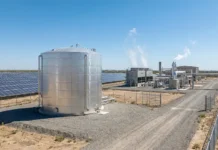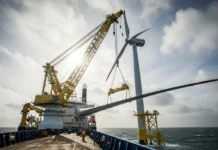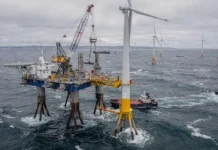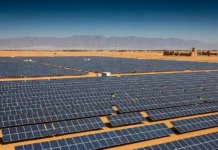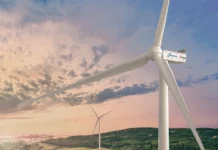BlackRock’s Global Energy & Power Infrastructure Fund (GEPIF) has achieved a $5.1 billion final close of Global Energy & Power Infrastructure Fund III (GEPIF III), making it the largest alternative investment fundraise in BlackRock history. The final close value also exceeded both the original fund target of $3.5 billion and the original hard cap of $4.5 billion.
The fund’s commitments include investment mandates from over 50 institutional investors, including public and private pension funds, sovereign wealth funds, foundations, insurance companies, and non-profit organizations across the US, Europe, Asia, and the Middle East.
Building on the investment strategy of its predecessor funds, GEPIF III aims to generate strong uncorrelated returns from investments in high-quality and essential energy infrastructure businesses and assets. According to BlackRock, these companies will generally have long-term contracts and visible revenue streams from strong counterparties and seek to provide robust dividend yields to investors. The investments are diversified geographically and by energy sub-sectors, which primarily consist of: 1) the power sector, including electric power generated from renewable sources (solar, wind, hydro, and waste-to-energy) and from natural gas, while excluding coal-generated power, 2) the midstream sector, including energy transportation and storage, and 3) the utility sector.
In a report released last month, institutional investors unanimously confirmed that ESG (environmental, social, and governance) risks and opportunities played an increasingly important role in their investment decisions and their evaluation of portfolio companies during the past 12 months. This is according to Morrow Sodali’s annual Institutional Investor survey.
The survey highlighted the main areas of focus for institutional investors in determining how to exercise their voting rights at 2020 annual shareholder meetings. Survey results revealed that the broadly defined concept of ESG will have a direct practical impact on shareholder meetings, proxy voting, engagement, and the various means by which investors fulfill their oversight and stewardship responsibilities.






